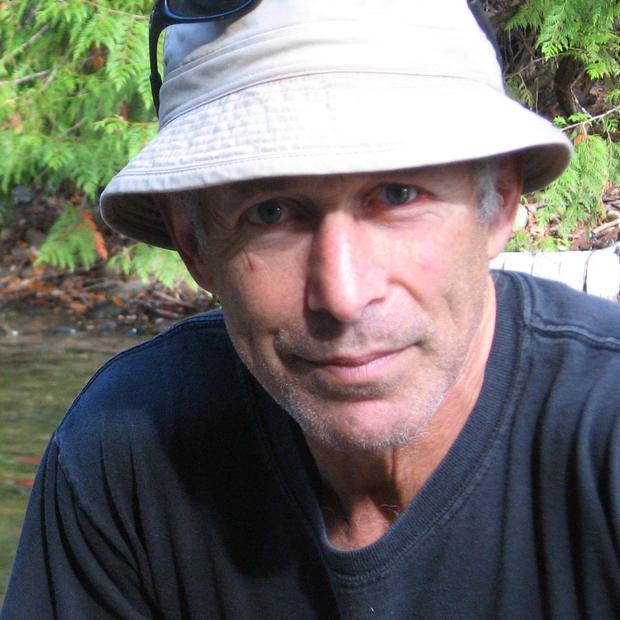It was a shock to read that former Audubon editor Les Line had died over the weekend,. I hadn't seen Les in years, but I remembered him vividly. And I associated him with what in retrospect was a golden age of print journalism.
I wrote for Les long ago, when he had made Audubon into a great magazine. He had been a photographer first of all, and his Audubon was worth picking up even if you just looked at the pictures.
The New York Times obituary recalled that the ornithologist — and author of popular birding books — Roger Tory Peterson "wrote in an essay in 1974 that Mr. Line had made Audubon 'the most beautiful natural history magazine.' He added, 'Many people are now calling it the most beautiful magazine of any sort in the English language.' " The magazine's current editor, David Seideman, called Les "one of the fathers of environmental journalism and one of the most important magazine editors who ever lived."
Les may have been a photographer, but he wrote well, and he cared about writing. Good writers wanted to work for him. I remember sharing a single issue with Peter Matthiessen; the late anthropologist and essayist Loren Eiseley; and Jack Schaefer, whose novel Shane had been turned into the classic Western movie of the same name.
Of course, Les had the good fortune to edit Audubon before — just before — the dumbing down of virtually everything. High school English teachers still expected their students to get through The Scarlet Letter. And high-end magazine editors still expected a certain percentage of their subscribers to get through long articles. The New Yorker wasn't the only slick magazine willing to bet that its readers would actually read.
I remember finishing a very long first draft of a piece on Pacific salmon and calling Les before I started my revisions. How long did he want me to make it? As long as it has to be, he said. I pressed him; surely he had some maximum in mind, and it would be easier for me to cut the piece as I revised. He repeated that I should do whatever it took.
I was getting frustrated. I didn't want to turn in what I considered a finished manuscript and then be told to whack several pages out of it. I needn't have worried. "Les," I said, "this could be 10,000 words."
"I've seen longer," Les said.


